Distorted Self-Esteem in the Age of Social Media
November 15, 2021
We all have insecurities, whether it’s the pimple on your forehead, the rolls on your stomach, how tall you are, or the stretch marks on your thighs–we all have parts of ourselves that we don’t always love.
When people post on social media, we tend to put forward the best versions of ourselves. We see the two pictures that someone decided they looked attractive, and not the handful they deleted. We see pictures of people all dressed up and ready to go out, but not when they’re staying home having a lazy day. We see people looking confident in their pictures but not the thoughts in their head, wondering if they really looked okay. Or, as Ms. Leonhart, Terra Linda English teacher, stated, “We don’t always want to show our dark or vulnerable sides.”
Not only does this apply to the way that people portray their appearances on social media, but also relates to the way people present their personal lives. We don’t usually post about the big fight we got into with our family, the mental breakdown we had about our math homework, or the day when we sat at home doing nothing. We post about the dinner we went to with our friends, our cool vacations, or the party we went to last weekend. Junior Lola Maggioncalda says that when she posts on social media she tends to “mostly post happy stuff and not sad stuff.”
Is it destructive that people want to focus on the positive parts of their life or feel empowered about what they post? Maybe not, but what we view of others’ lives and looks on social media has an effect on us whether it’s subconscious or something that we are painfully aware of. Freshman Alexa Corsilgia says, “When I see what other people post on social media it makes me compare myself to them even if I don’t notice it.”
The Voice conducted a poll to find out from students their perceptions of themselves. Almost every student who took it shared that they deal with insecurities and body image, showing that everybody deals with this on some scale. Many students shared that social media has them comparing themselves to others on a daily basis, even subconsciously. One anonymous student shared that social media makes them believe they, “have to fit the idea of being ‘perfect.’” Another anonymous student wrote, “sometimes I feel good about [my body]… until I see someone else’s.”
The data showed that students who personally struggle the most with body image were able to give the most thoughtful advice when it came to others viewing their bodies positively. Kari Sandell, a licensed professional clinical counselor in Terra Linda’s Wellness center, says that, “People who criticize their own bodies have the most compassion for others who are struggling.”
So why is it that we are able to recognize others’ true beauty and not our own? How come we can reassure someone else that social media is fake but we can’t reassure ourselves? This makes it seem as though we know we are all built differently and we know that what we see on social media is polished, yet it still seems to affect us either way.
As a society we need to get rid of comparative culture. There is nothing more toxic than constantly comparing ourselves to others we put on a pedestal because the truth is, we never know the reality of someone’s life based on what we view on social media.
Along with comparative culture comes the idea of creating hierarchies. In modern society there is a narrow idea of what beauty is. However, like psychologist Kari Sandell says, “We need to make space for difference and know that it’s okay.” The beauty standard that we as a society have created is so specific that it “undermines the wide spectrum of beauty that exists.”
It’s extremely constructive that people are starting to really talk about body imagery and all the toxicity our society has created around bodies, but there is a lot of work to be done before we can get rid of this culture we have created. As we begin to recognize and discuss issues around body image, it is important for those who struggle to know that we are not alone. Everyone deals with this on some scale because we are conditioned to do so.
As a society, we need to recognize that social media is dubious, and we should not compare our realities to what we see online. As we work towards becoming a body positive society and deviate away from the unrealistic standards we see on social media, we have to remember to treat ourselves with the same compassion we would give to others.
Be kind to yourselves. You’re worth it.



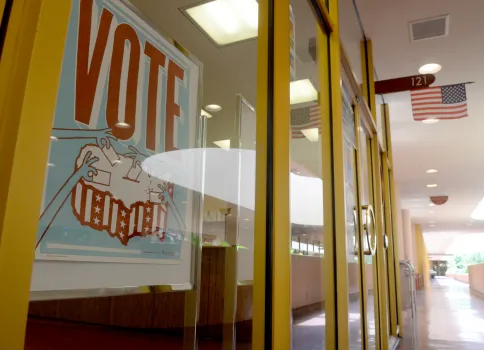
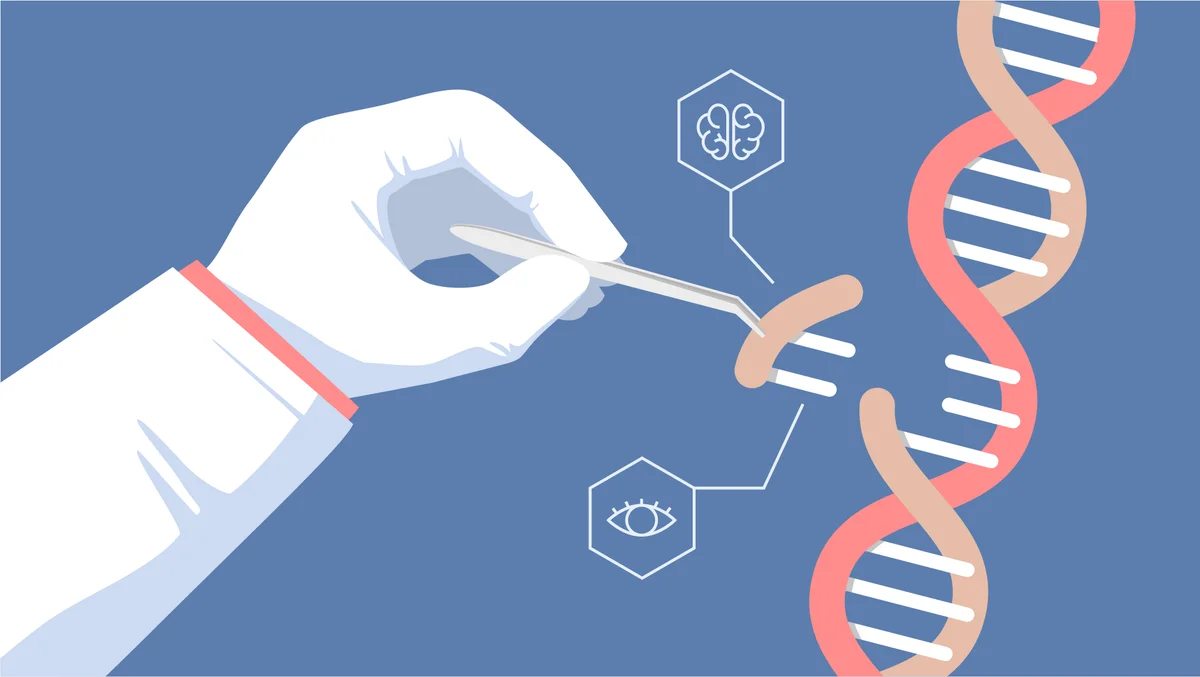
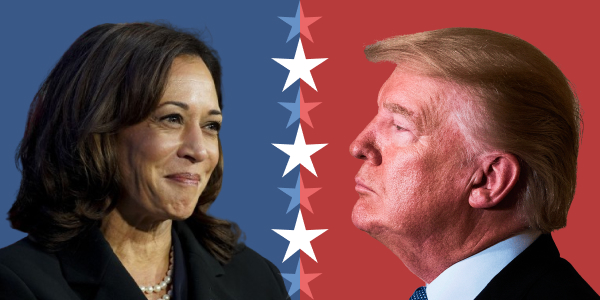



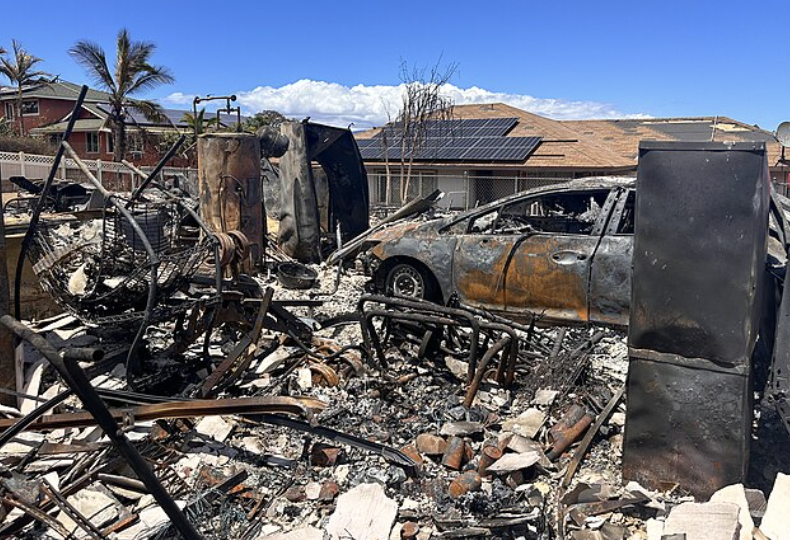
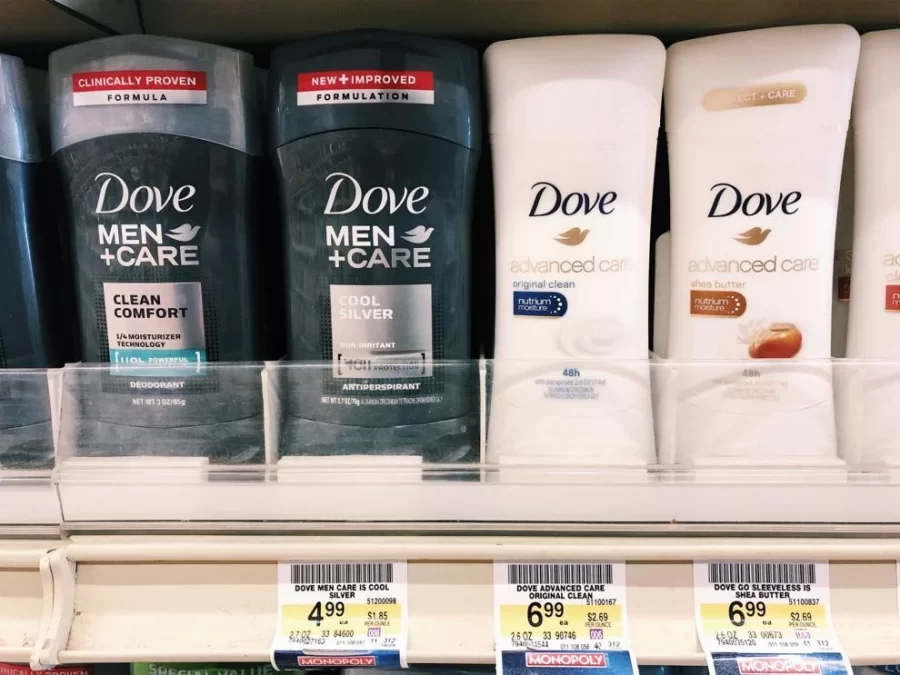
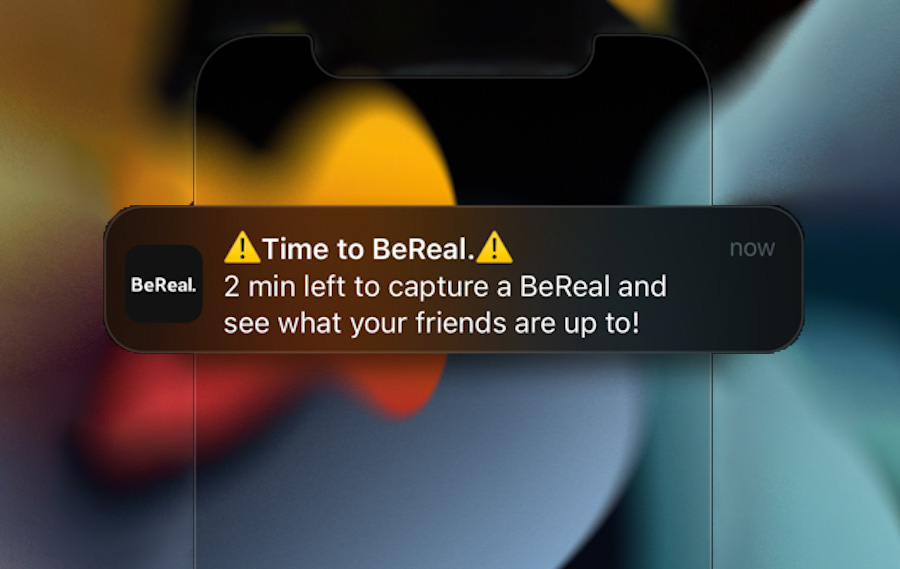
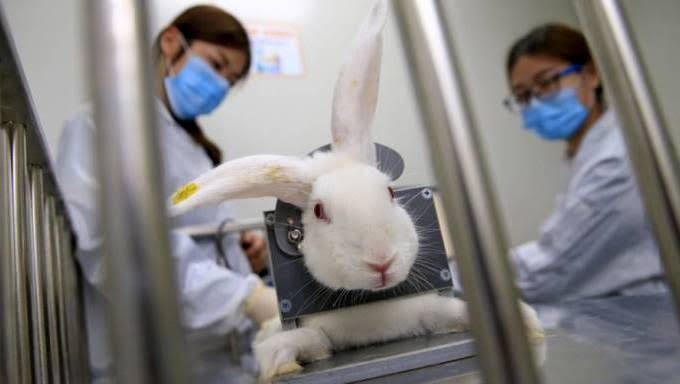
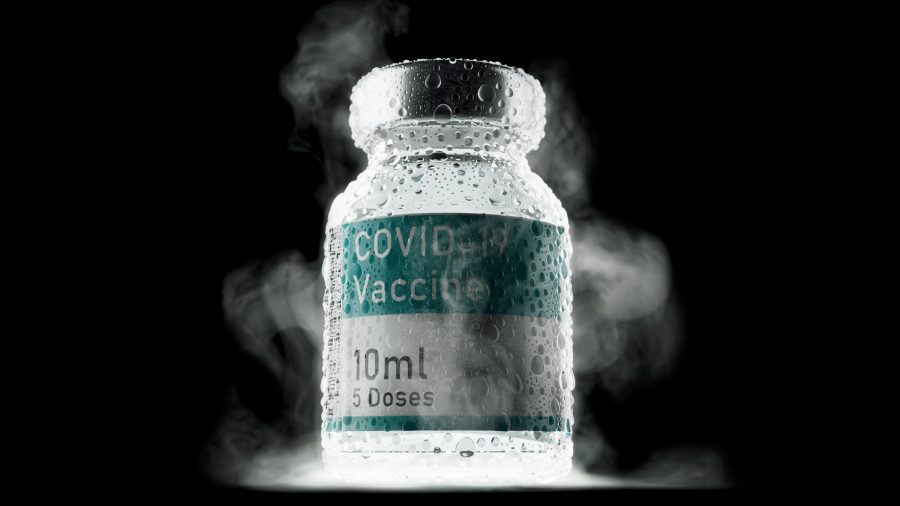
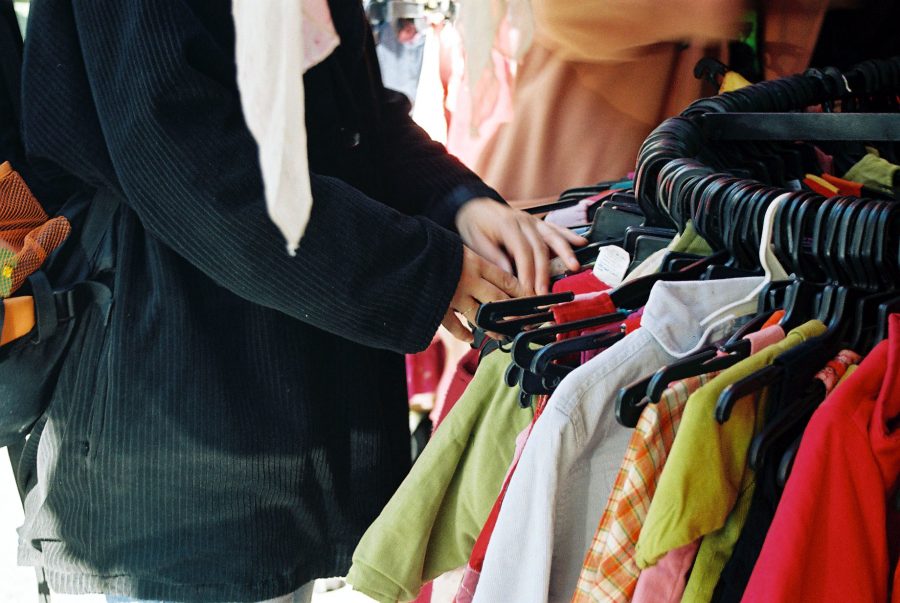


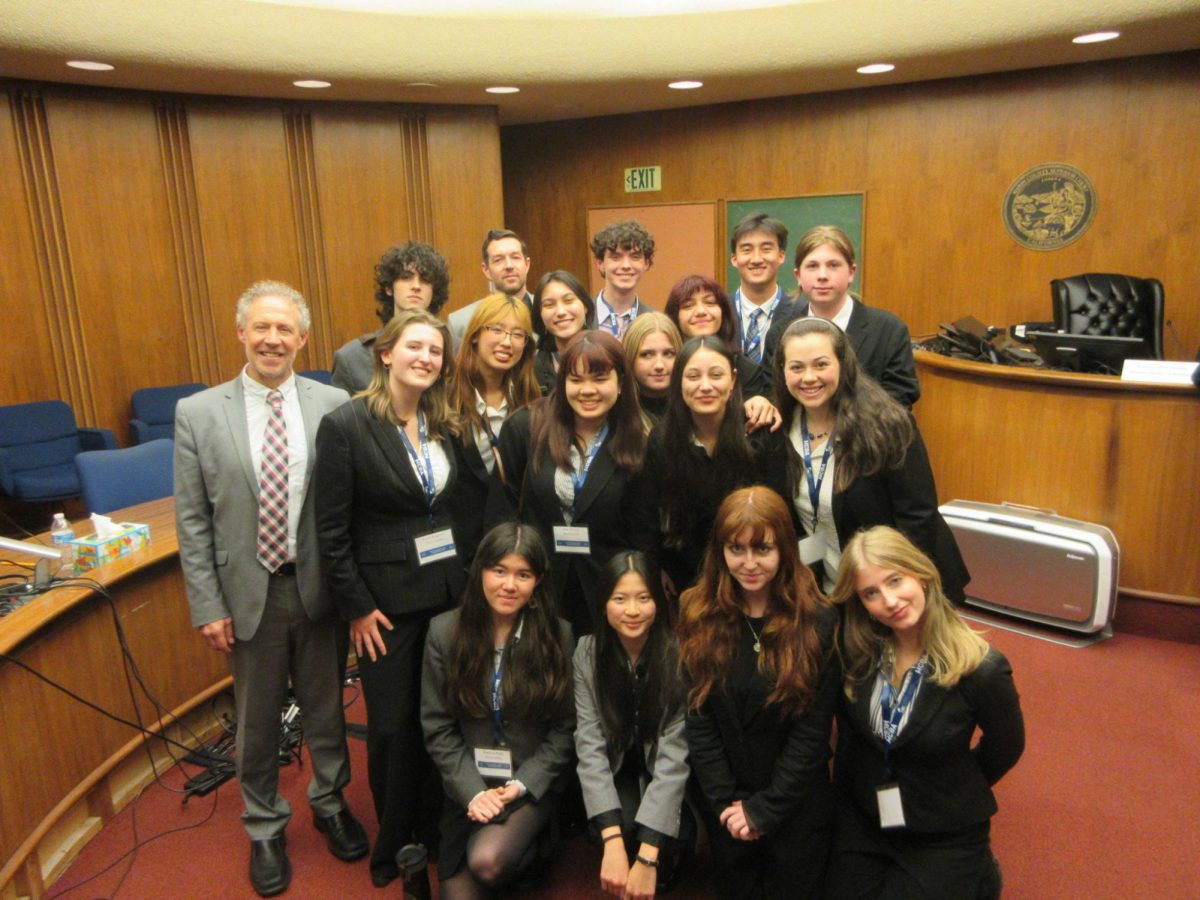

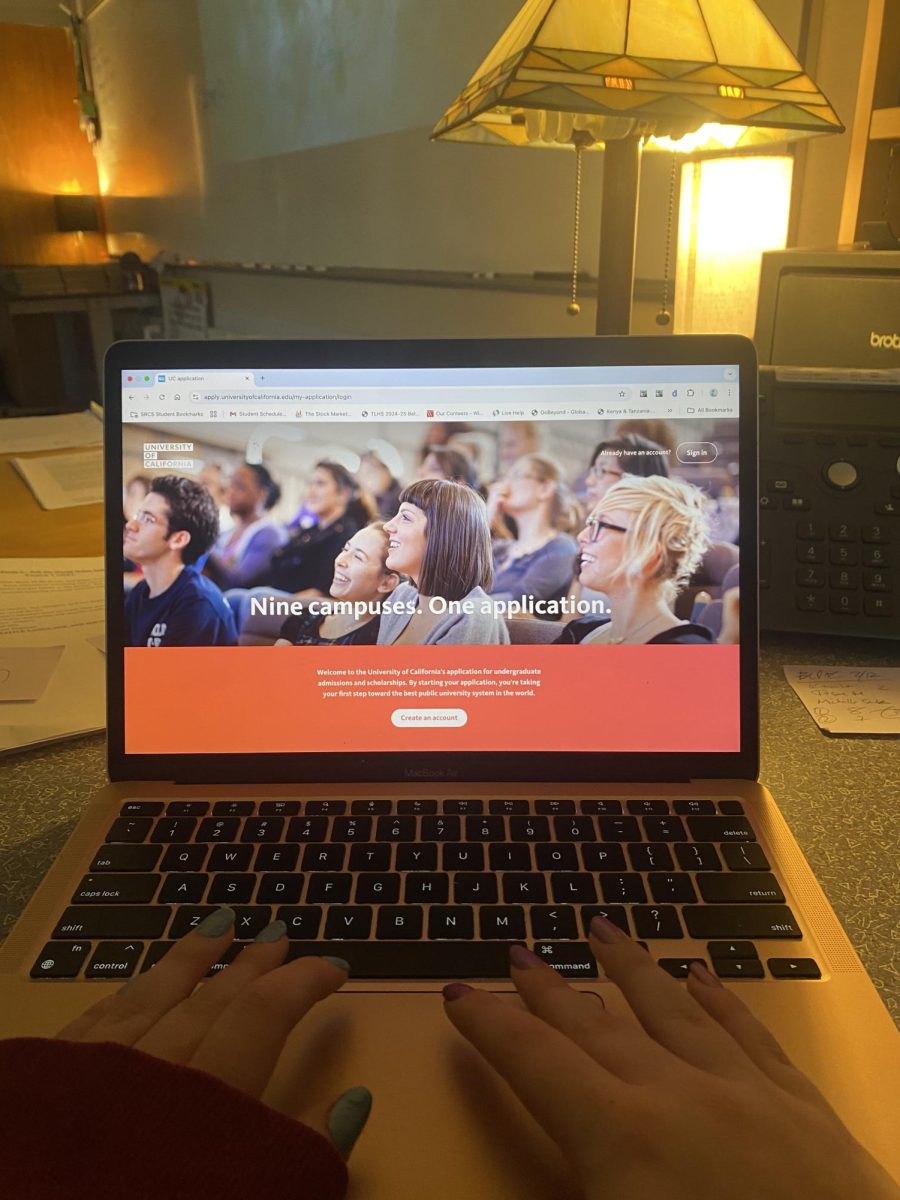
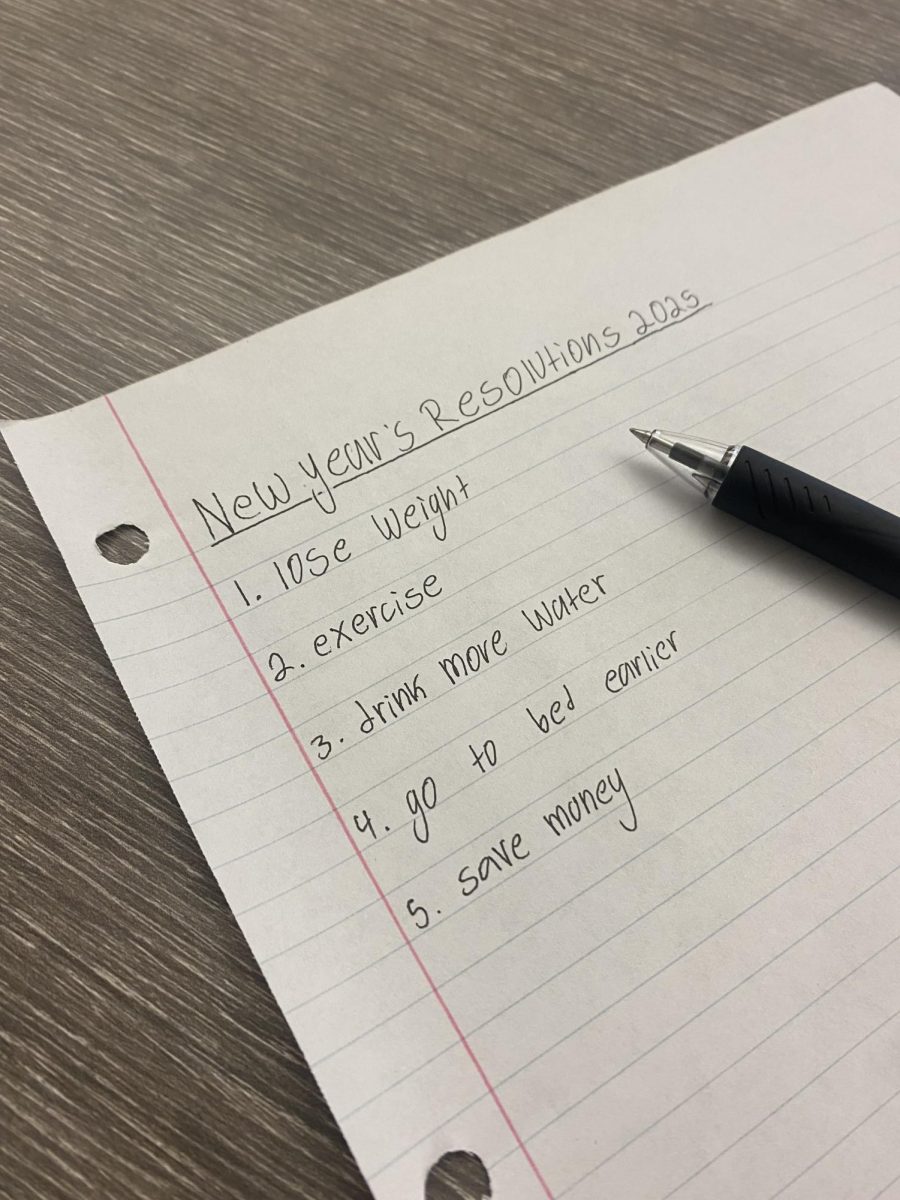


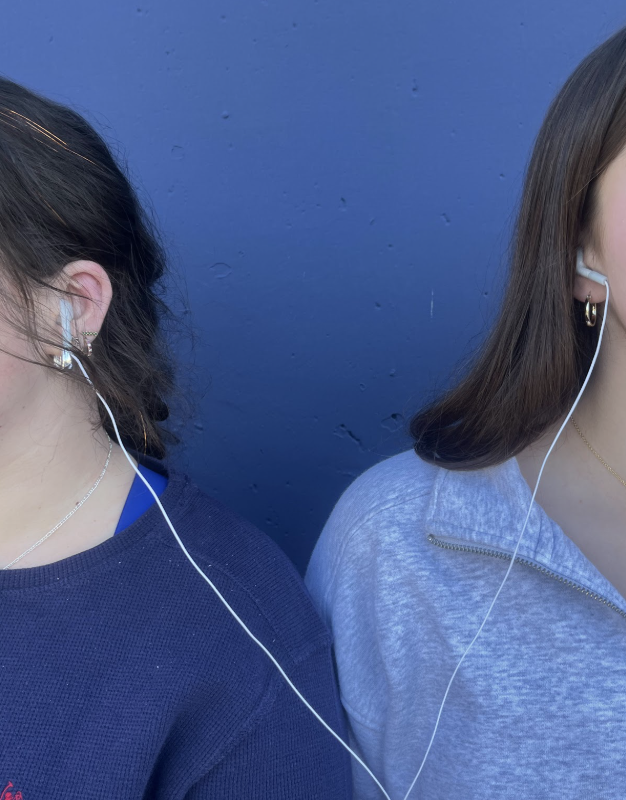

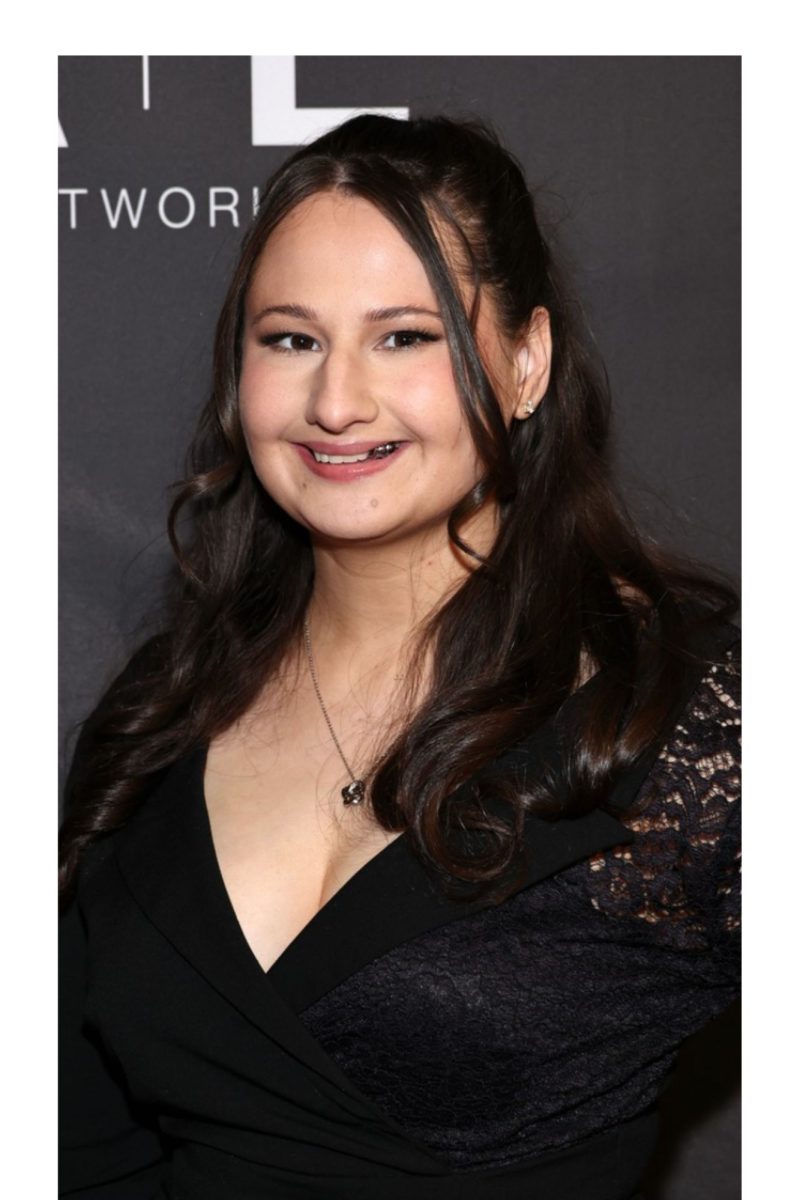













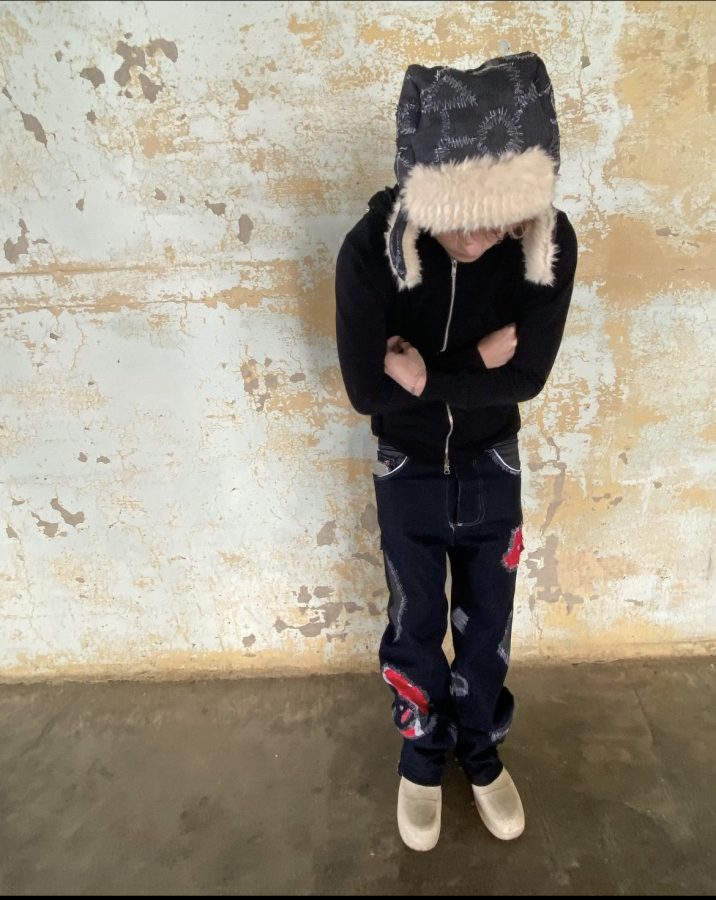












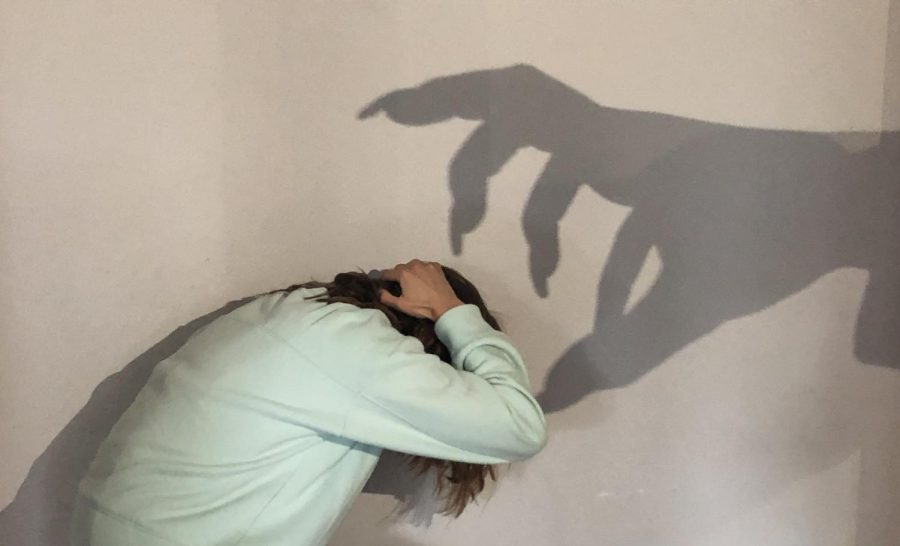


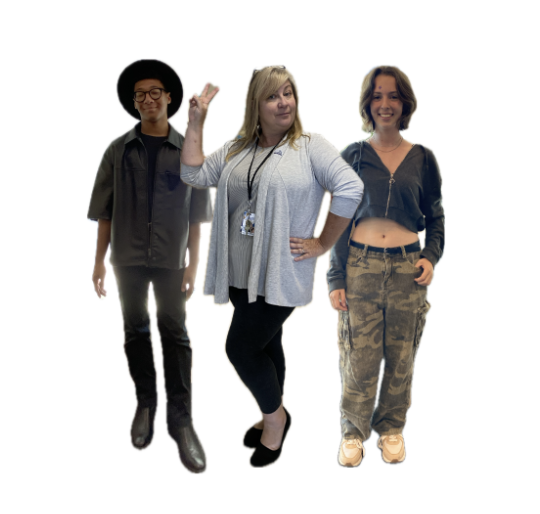


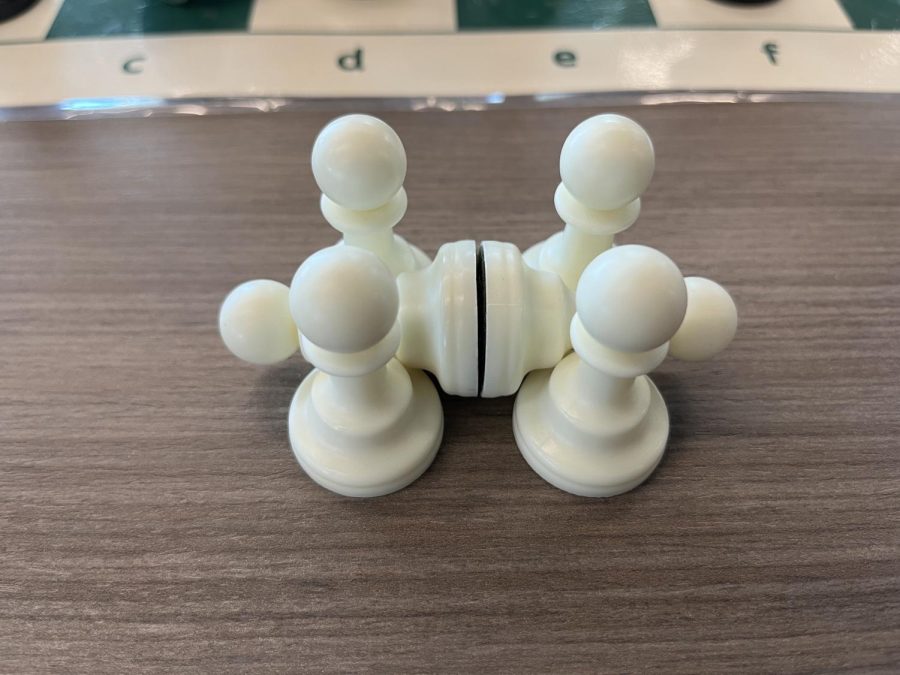


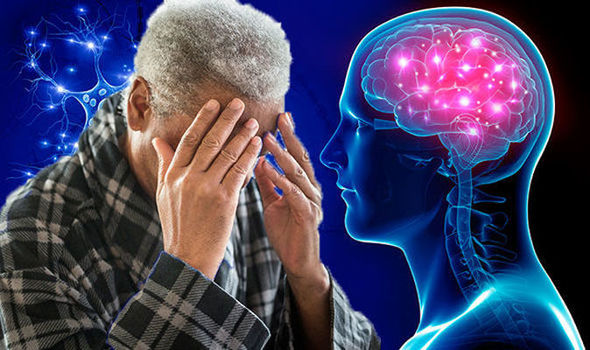
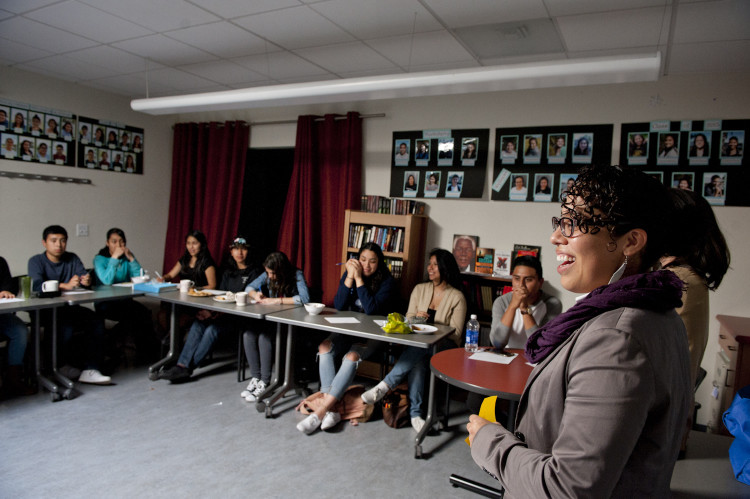




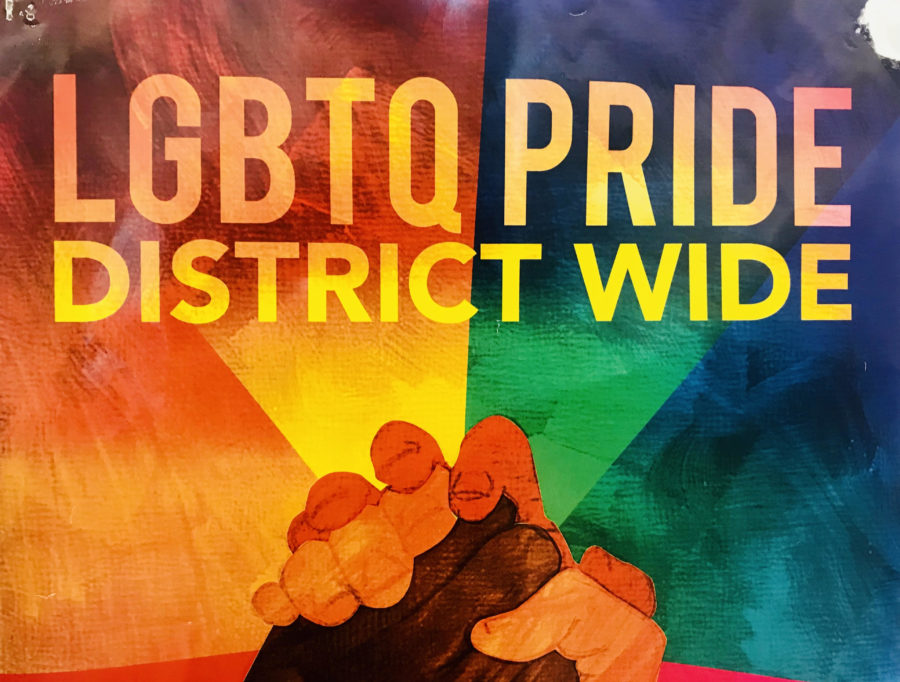

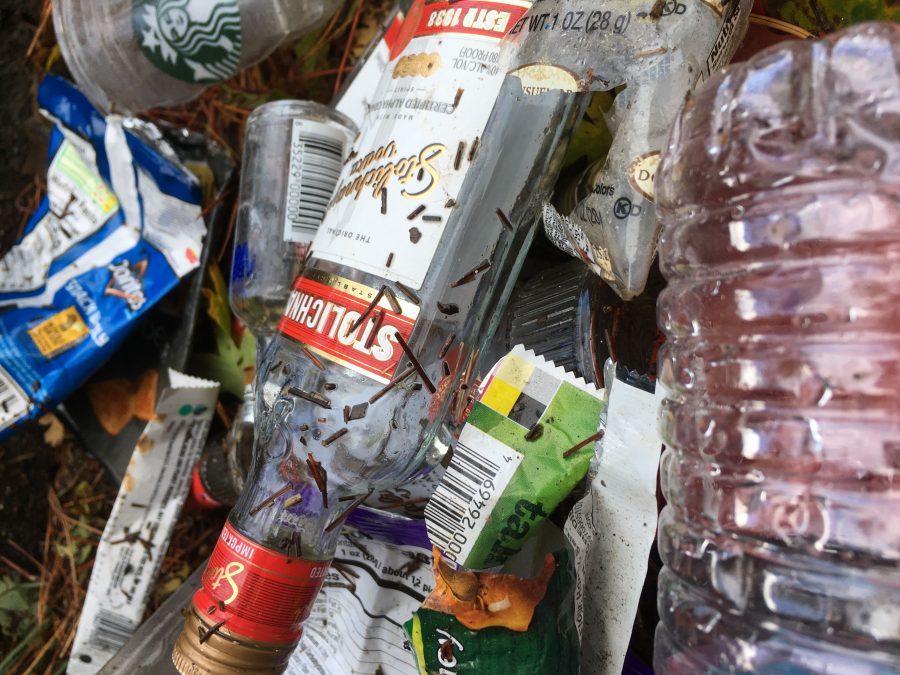

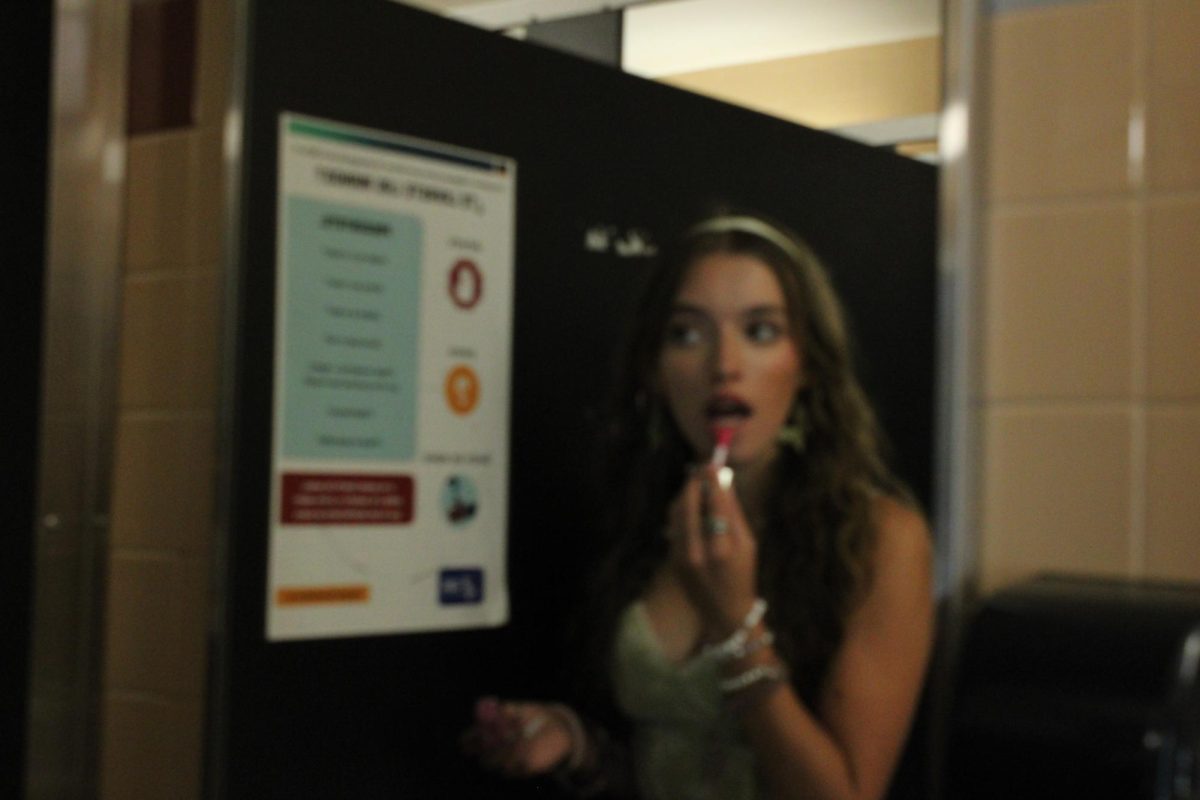

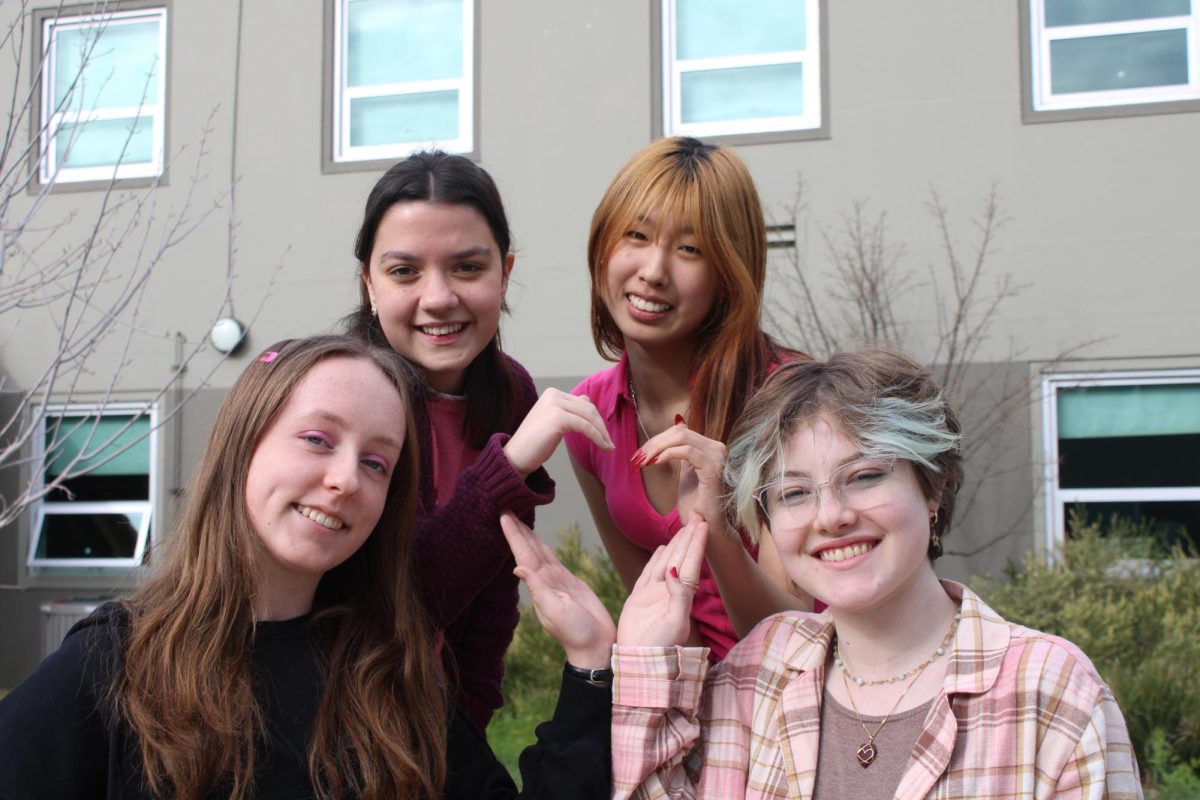


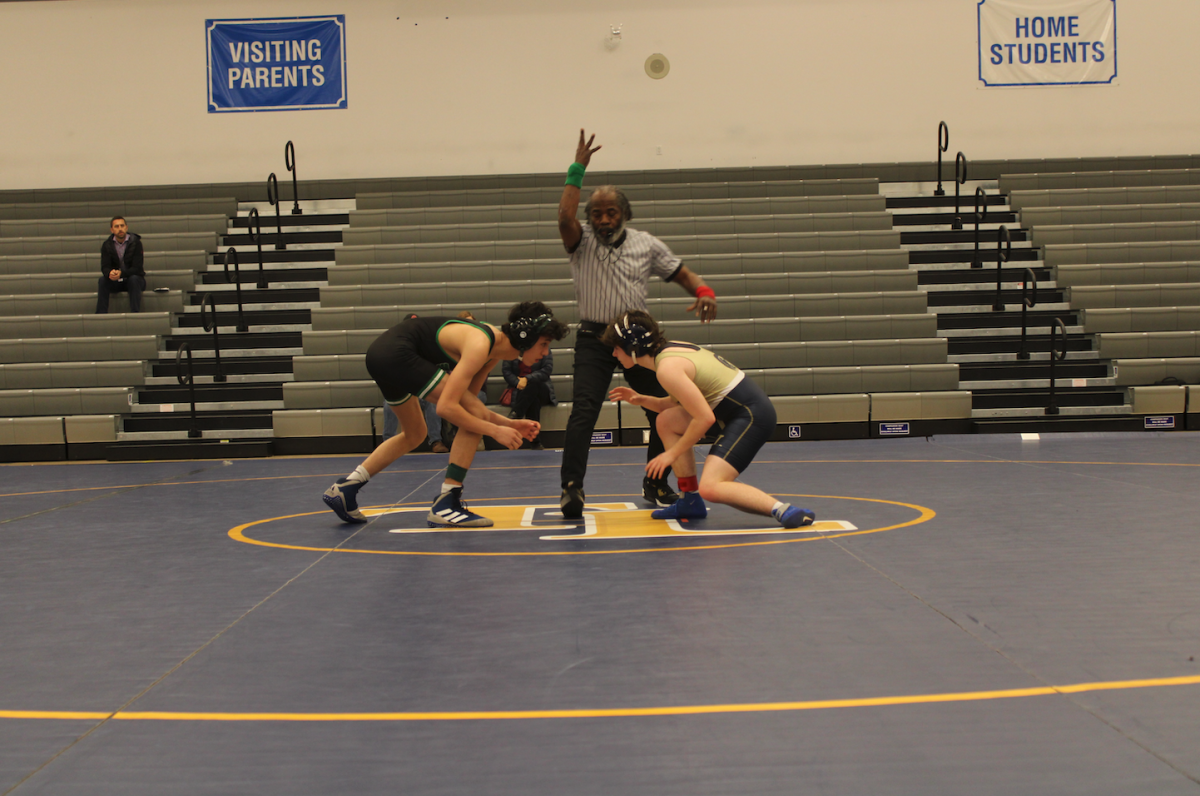


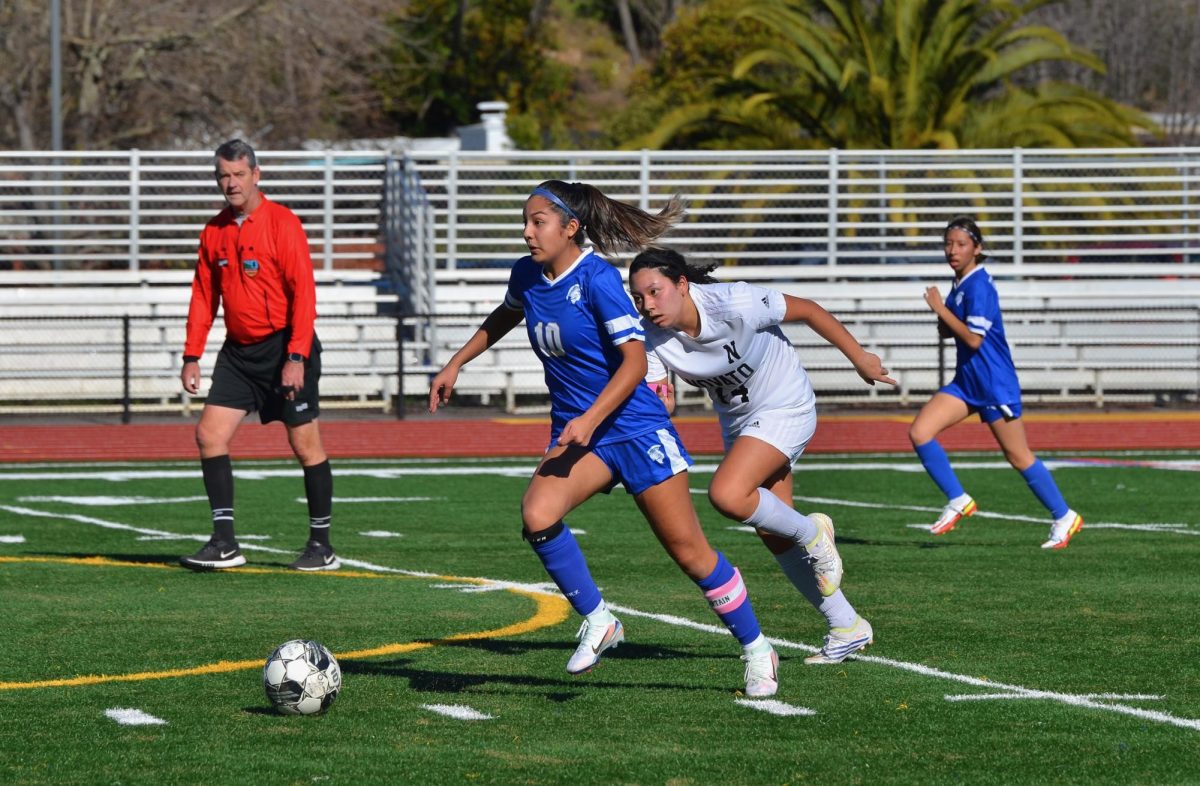


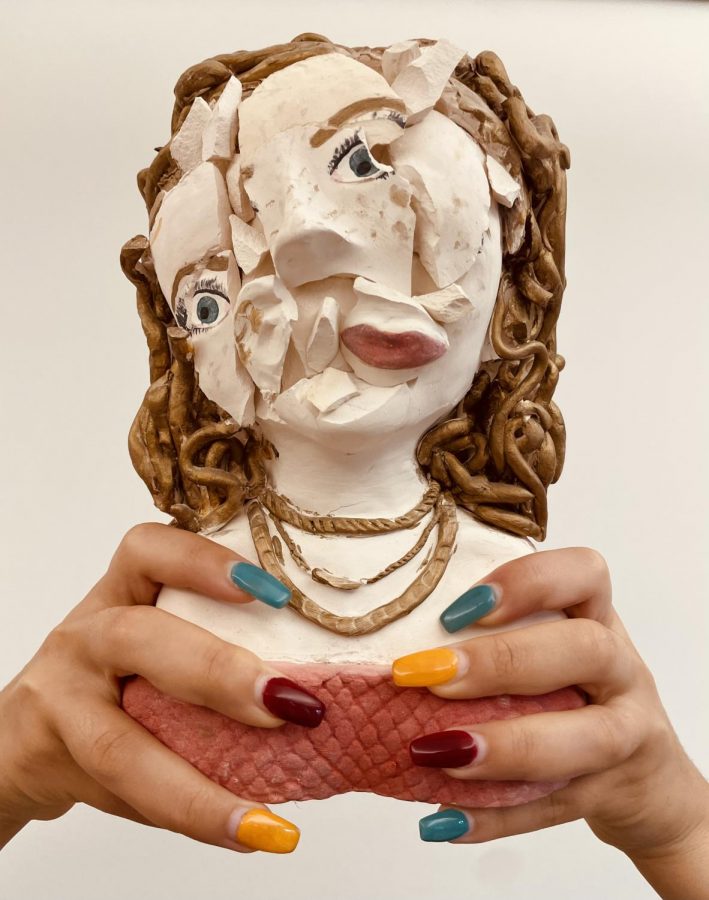




katie lowenstein • Nov 16, 2021 at 9:02 pm
This is amazing! I love your writing <3 so inspiring!!!!!!
ARIEL • Nov 16, 2021 at 6:42 pm
Great article! Very well written and poignant.